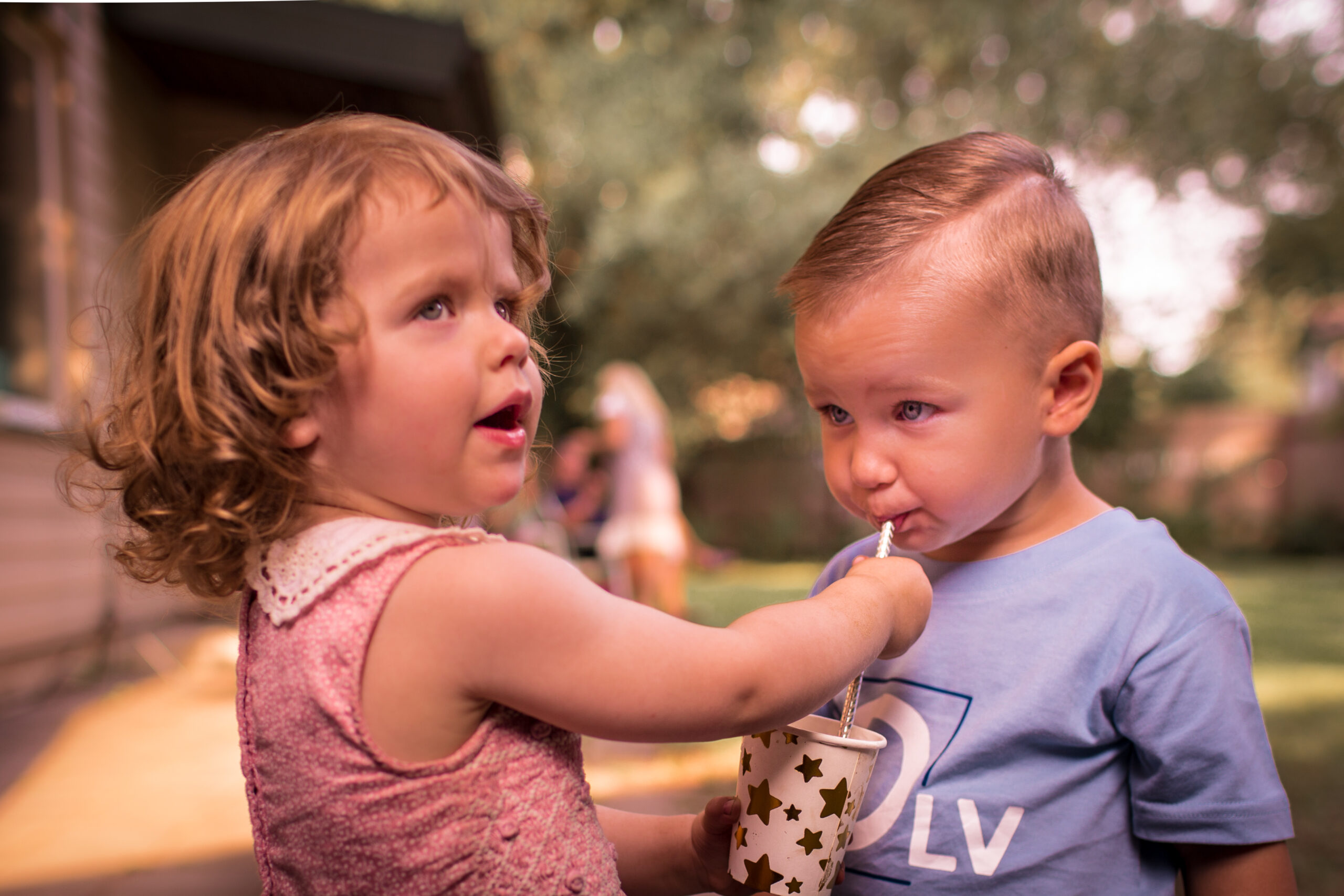From your intimate relationships to random strangers, being generous to others has effects far wider than you can see, and it should be a quality you develop in yourself.
To emphasise its benefits, neurological research has found that generosity releases oxytocin, which heightens positive emotions during high-trust social interactions.
This is why families hug each other, why couples hold hands, why strangers shake hands, and why offering favours or gifts brings you closer to friends and colleagues.
But for loved ones it’s stronger, since it nurtures romantic attachments and attractions, confirming the age-old wisdom that generosity is a necessity for relationships.
However, it doesn’t dependent on wealth. It can be simple, like giving your loved one what they need or something of sentimental value – making it more cherished and special.
What it does require is balance. Although you don’t need to be frugal, you should be prudent, because your aim is to have better relationships and enjoy life with people, not show off.
Yet it goes beyond immediate relationships. For instance, if you pay someone extra for excellent work, this gesture encourages them to keep doing it for the rest of the community.
And regarding the community, donating to families in need, during holidays or after a natural disaster, will strengthen the bonds of society and further build the country.
Though, financial generosity is not the only way to show support. You can volunteer to good causes, help the disadvantaged, or offer a listening ear to those who need it.
What’s important is to see how valuable generosity is to your wellbeing, your relationships, and toward the betterment of your society; and to also recognise that there’s nothing stopping you from becoming a generous person today.

